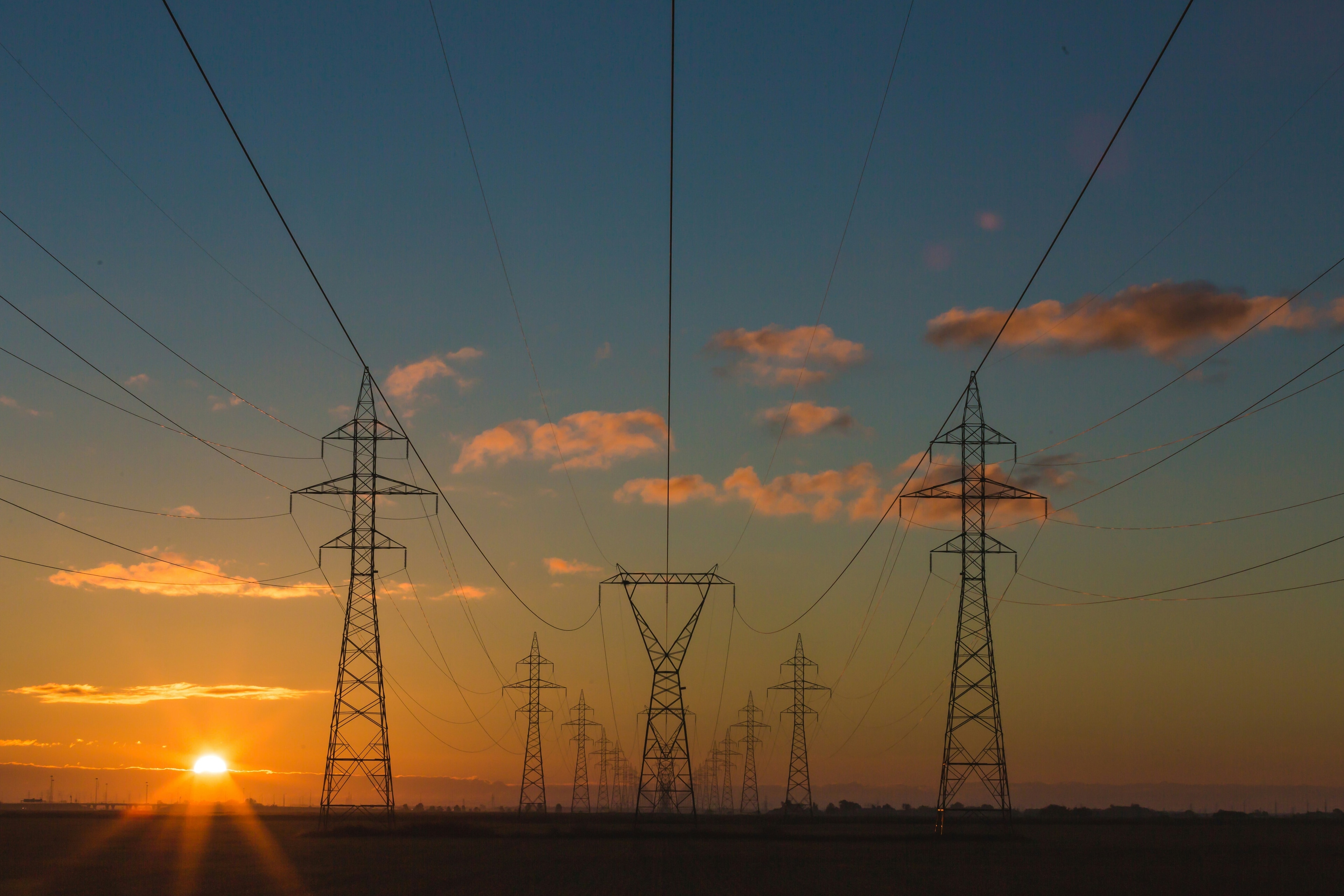See how quantum computing can revolutionize energy forecasting and optimization

Quantum computing can supercharge energy management
Image: Photo by Matthew Henry on Unsplash
Stay up to date:
Energy Transition
- As renewable energy sources and energy consumption patterns evolve, they create challenges around supply-demand balancing, forecasting and optimization.
- Traditional computing methods are reaching their limits in managing this complexity.
- Quantum computing, however, is emerging as a groundbreaking technology capable of reshaping energy systems, enabling greater efficiency, sustainability and resilience.
Did you know that a single cloudy day can disrupt the energy supply for millions relying on solar power? The transition to renewable energy has brought significant benefits and introduced new complexities. Solar and wind power, now central to global energy strategies, are inherently variable. Unlike fossil fuel-based generation, these renewable sources depend on weather conditions, making them difficult to predict accurately. This variability creates challenges for grid operators tasked with balancing supply and demand.
At the same time, shifting consumption patterns further complicate energy management. Increased electrification of industries and households — driven by the adoption of technologies like heat pumps, smart appliances and electric vehicles (EVs) — has introduced new dynamics to electricity demand. For instance, while EVs represent a growing share of energy consumption, their charging patterns are unpredictable, varying according to user behaviour, location and time of day.
These changes demand sophisticated tools for forecasting and optimization, capable of accounting for a vast array of variables and interdependencies. Classical computing systems, which have served the energy industry for decades, are struggling to meet these needs. Quantum computing, by contrast, offers an innovative approach to tackling these challenges at scale.
Overcoming the limits of classical computing
Classical computing operates on binary logic, relying on sequential processing to solve problems. While effective for many applications, these systems face inherent constraints in addressing the exponential complexity of modern energy systems.
Renewable energy integration, for example, requires algorithms that can simultaneously analyze weather forecasts, grid dynamics and historical consumption patterns to predict supply and demand. Similarly, optimizing grid operations or planning energy storage deployments involves solving highly interdependent, multi-variable problems in real time — a task that overwhelms traditional methods.
Quantum computing represents a paradigm shift. By using quantum bits or qubits, which can exist in multiple states simultaneously, quantum computers excel at handling complex, large-scale computations. This enables them to process vast datasets, explore a wide range of potential solutions simultaneously and arrive at optimal outcomes faster than classical systems.
What is the Forum doing to avert a cyber pandemic?
Unlocking new possibilities with quantum computing
Quantum computing has the potential to transform energy forecasting and optimization by providing unprecedented computational power and flexibility. Its capabilities can be applied across three main key areas that illustrate the potential for quantum computing to address systemic energy challenges, enabling smarter, more resilient and more sustainable energy systems:
1. Renewable energy forecasting
Quantum algorithms can enhance the precision of renewable energy predictions by integrating data from diverse sources — such as weather models, environmental sensors and historical trends — at a scale unattainable with classical systems. This improved accuracy allows operators to better anticipate fluctuations in renewable energy generation and adapt grid operations accordingly.
2. Optimized grid management
Efficient grid management involves balancing supply and demand while minimizing losses and avoiding congestion. Quantum computing can optimize these processes by rapidly analyzing grid conditions, identifying potential bottlenecks and recommending real-time adjustments to energy distribution.
3. Energy storage and demand response
As energy storage systems play a larger role in grid stability, quantum computing can optimize their deployment and utilization. Additionally, it can improve demand-response strategies, aligning energy consumption with availability to ensure seamless integration of renewables.
Quantum computing in action
At Pasqal, a global provider of neutral-atom quantum technology, we are proud to collaborate with EDF, a global energy producer and distributor, to explore how quantum computing can revolutionize energy management.
One of the key areas of our collaboration with EDF focuses on enhancing renewable energy integration. Using our quantum algorithms, we simulate the numerous variables that impact renewable energy production, such as temperature, wind speeds and solar radiation. This allows us to provide EDF with highly accurate predictions of renewable energy availability. By incorporating these insights into its operations, EDF can integrate renewables more effectively, reduce reliance on backup systems and minimize energy waste.
EV charging provides another excellent example of how quantum computing can address energy challenges at a granular level. Together with EDF, we have demonstrated how the potential of quantum algorithms to optimize EV charging schedules, prevent grid congestion and ensure efficient energy distribution. These solutions are valuable for managing EV-related demands and offer broader implications for balancing energy usage across other sectors.
Through this collaboration, we have shown how quantum computing has the potential to deliver real-world impact, from improving the stability of renewable energy integration to solving localized challenges, like EV charging. Our partnership with EDF underscores the transformative value of quantum technology in shaping a more efficient, resilient and sustainable energy future.
Accept our marketing cookies to access this content.
These cookies are currently disabled in your browser.
Don't miss any update on this topic
Create a free account and access your personalized content collection with our latest publications and analyses.
License and Republishing
World Economic Forum articles may be republished in accordance with the Creative Commons Attribution-NonCommercial-NoDerivatives 4.0 International Public License, and in accordance with our Terms of Use.
The views expressed in this article are those of the author alone and not the World Economic Forum.
Related topics:
Forum Stories newsletter
Bringing you weekly curated insights and analysis on the global issues that matter.
More on BusinessSee all
Kalin Bracken and Sam Chandan
June 6, 2025
Michelle You
June 4, 2025
Apoorve Dubey
June 4, 2025
Michele Stansfield and Eva Borge
June 2, 2025
Naala Oleynikova
May 28, 2025






